You don’t have to read music to study it at Harvard
mainThere’s a new curriculum coming in the fall, dumbed down to order.
Students will no longer have to study theory or to read music.
From October, you can apparently major in music at Harvard without taking a single course in theory or music history.
Details here.
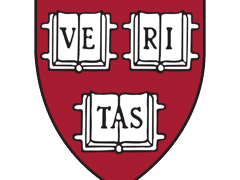

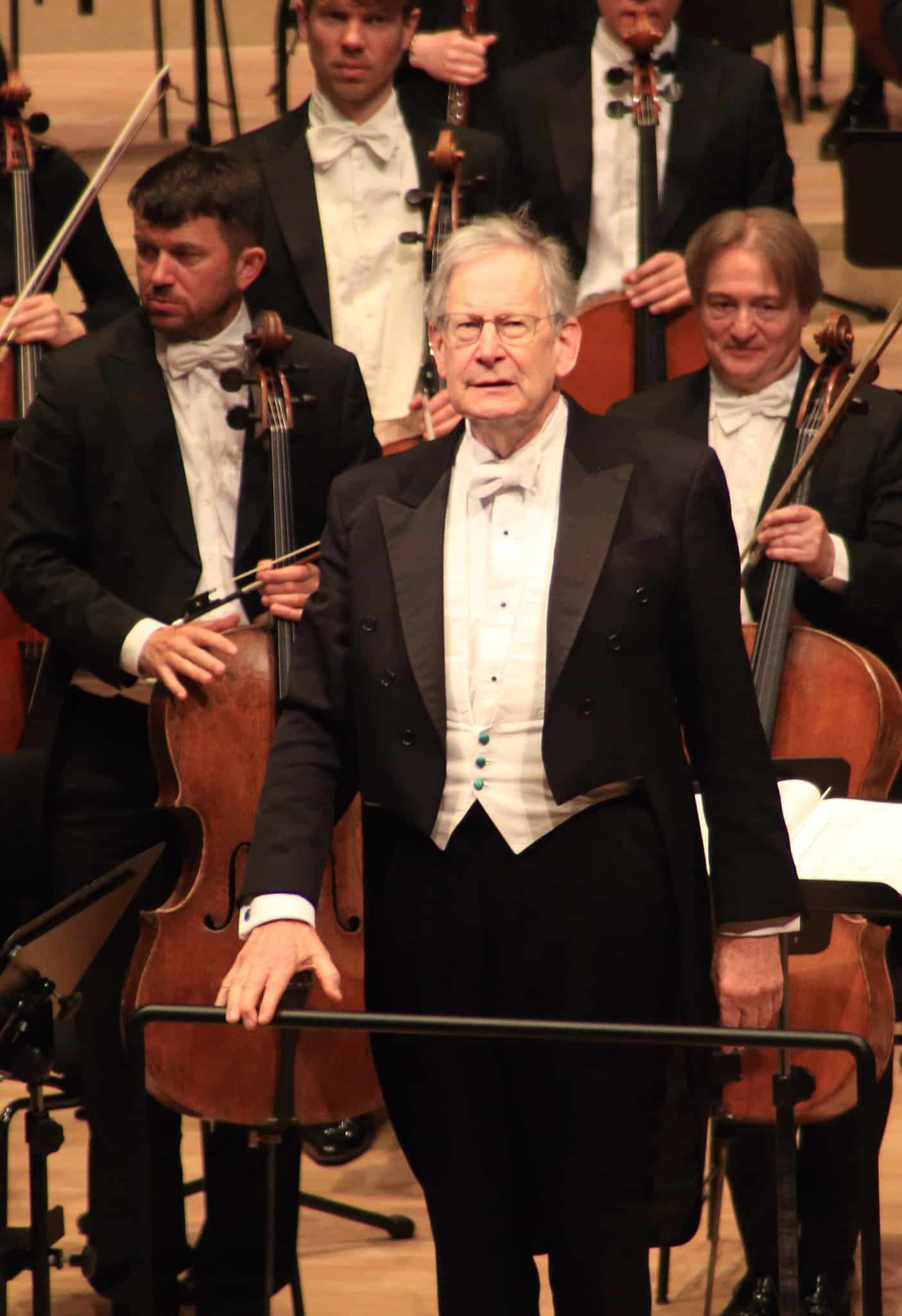
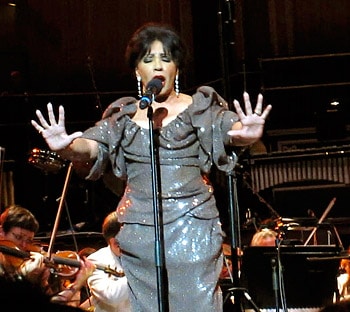
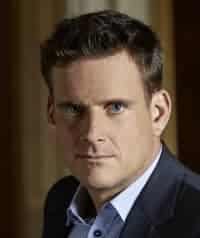
How ironic. The most popular, arguably the best, textbook on Harmony (music theory) was written by Harvard professor Walter Piston. It is sad that a place with a reputation, Harvard, would do this, but then again a Harvard education is vastly over-rated. But then this should come as no surprise: we have a whole generation of stupid kids who were praised by their parents and teachers that the rock band they played in was great. Most of them had no training or skills – they faked it. They come to Harvard and can’t compete with the studious kid who started studying violin or piano at age 5. So Harvard, not wanting to hurt their feelings, and the music faculty who wants to keep their over-paid jobs, give in. The simple truth is this: without a solid foundation in theory, the rest of the music courses are all but impossible. You won’t be successful in counterpoint, orchestration, score reading and more. But you can probably make it in conducting – another area of study well suited for the phonies.
or make it in film music.
it seems that most of today’s film composers are musically-illiterate wannabes.
Would you care to back up this ridiculous statement with some facts?
Actually I have a vague recollection of either Hans Zimmer or one of his collaborators proudly stating that he does not read music and does not have to because he programs it straight into Cubase or whatever they were using. I am sure a few minutes of googling will produce an intereview to this effect.
Does that make him a musically illiterate wannabe?
The Beatles couldn’t read music either!
It was not my intention to call Mr Zimmer, let alone the Beatles for whom I have the highest regard, musically illiterate or wannabes. My point was that being able to read and write music in traditional notes does not seem to be obligatory for professional and successful musicians/composers in the film scoring business, as long as they produce effective products, and I do fear that it will introduce a loss of craftsmanship in a field which has produced astounding feats of composition and orchestration. But my comment was probably misleading and superfluous in the context of this blog. My apologies.
You won’t make it in conducting either. Conductors don’t just wave their arms. They have to study the score thoroughly in order to know what every member of the orchestra should do. Then they need to communicate these directions clearly in real time. Orchestration is a prerequisite for conducting.
Never mind the specifics of the new curriculum — do either “AZ Opera Fan” or “Mikey” have the slightest idea of what they’re talking about?
Does a master’s degree in theory/composition count?
How about 35 years as a classical music professional, as writer, conductor, and performer?
I, for one, do not think “Harvard” when thinking of a place to study music. So, who cares what they do at Harvard?
The headline is wrong, however. Music theory is not “how to read music.”
So is the blog post.
I can’t think of any serious musician that would rather study at Harvard than let’s say… anywhere else for the matter? Harvard might be good at many things, but Music isn’t one of them, and there’s nothing wrong with that.
Yeah, you’re right. After all, what have Leonard Bernstein, Elliott Carter, John Adams, Yo-Yo Ma, Alan Gilbert and Brian Tyler ever done?
Actually (if it matters) Carter did not major in music, but Harold Shapero did and his name should be added to your list..
And William Christie. It wasn’t meant to be a comprehensive list. Just enough to make a point.
they all went to Harvard, but they did their (real) music study at a conservatory (curtis etc), I’m not sure they even majored in music at Harvard, and if they did, what a waste of time, they could’ve studied anything…French lit for instance, what the preeminent classical musicologist and pianist Charles Rosen had a PhD in from Princeton
Coming soon, study of literature without the need to be able to read. On the other hand, mathematics has moved beyond the need for square root tables but the existence of calculators has not destroyed the study of the subject. Could it be that we are holding on to something irrelevant rather than moving forwards?
I would let anyone in who, unable to sight read music notation, can hum or sing the C-Major Fugue from Bach’s WKI correctly with all voices in full polyphony. For anyone who can’t do that, I think music reading is essential.
Now the US University system has always been a primarily commercial one.
So of course they go with the market. Supply and demand. the dumbing down in the New World continues.
But who needs notation anyway, if you have Siri.
Nam qui facit, quod non sapit, diffinitur bestia.
As far as harmony books go, I will take Aldwell and Schachter’s Harmony and Voice Leading as the leading text any day.
Harvard has had plenty of courses in music for years now that do not require the ability to read music, just as all the liberal arts colleges have and have had for years. These courses, undergraduate primarily, are not really music major courses. That said, they have some excellent professors there, including some very good musicologists and theorists.
Very true. One course I took at Berkeley was a survey of the Beethoven symphonies. It was taught by Joseph Kerman.
As an inveterate music lover and concert-goer, it seems to me that this revised curriculum is aimed directly at someone like me who loves music but wants neither to perform, compose, nor conduct. I just want insights into the music I love. My music minor — at Wellesley, not Harvard — consisted of intensive study of the history of music from all eras, and led to an incredibly fulfilling life of music enjoyment. I should also add that the papers I wrote on subjects such as comparing the variation technique of Brahms as shown in the Handel, Haydn and Paganini sets are far from fluff!
That sounds to me like music appreciation, which is well worth teaching, and though it might be easier for those who could read music, it is usually taught in continuing education programmes or as a minor option and thus can be of use to generalists. “Music” per se implies the real study of the nuts and bolts.to a purpose from performing, composing or conducting to academic pursuits and retail teaching — of course requiring reading to be done properly.
Much more of this and we will face “but who teaches the teachers” in less than a generation. we are already there in grammar.
Have the people leaving comments read Harvard’s statement? There is nothing in it that exempts music majors from being expected to read music. Introductory music theory courses, or at least the ones I took, assume that the student reads music and has a fundamental understanding of how music works. At my school you couldn’t apply to be a music major without passing an exam (written and listening) that, among other things, required a basic understanding of harmony. I imagine it’s the same at Harvard.
I fear you’re confusing “music” with Western Art Music here. No-one would argue that if you want to play Elliot Carter on a couple of rehearsals, notation can really come in quite handy… But please don’t dismiss decades of thoughtful pondering of these issues in ethnomusicology and anthropology! Even Western Art Music scholarship is constantly exploring how to analyse music in suitable ways.
I don’t see in the Harvard statement anything about the ability to read, or not read, music notation. They didn’t have to mention it. As a Harvard grad Magna cum laude in Music myself (’76, classmate of YoYo, onscreen with Bernstein in his Norton Lectures), I can safely state that any advanced music study in any subdiscipline would be severely hampered without musical literacy. If nothing else, you’ll be cut off from the published work of others who can read music. This will be self-evident to any Harvard freshman considering a concentration in music. They’re at least that smart. Or I hope they still are.
Let’s conduct a survey of all music professionals: Other than performers and composers (and insecure music critics out to prove their bona fides), please tell us the last time you actually used music theory in your professional lives.
We all studied algebra in high school, but I’ll be damed if I ever saw a quadratic equation outside of math class.
Ditto for music theory, I’ve never run into a circle of fifths in an executive meeting.
Other than composers, performers, and some critics? Do you mean ticket takers and such?
I find people whose brains are pure semibreves all the time.
Apparently reading English is no longer required, either.
“First, instead of 13 courses, concentrators will only need to take 10 courses for to graduate.”
Desiderius Erasmus on ignorant scholars: “….it is astonishing the airs they give themselves, for nothing is so arrogant than ignorance…. though stupid as pigs and not equipped even with the common feelings of humanity, they suppose themselves to hold the citadel of all wisdom…. Nothing is so brazen, so pig-headed, as ignorance. These are the men who conspire with such zeal against the humanities.”
Some people have very strange ideas of what it means to “study music.”
William Christie went to Harvard. Oh that doesn’t count, he didn’t major in music.
I went to Harvard. I didn’t major in music. I’m now a relatively successful working conductor and arts administrator. I took music courses, of course, and eventually got a master’s degree, but the performance experiences I got at Harvard while studying something else absolutely set me on my current path. It’s the same with theater – you can’t major in drama at Harvard, but you can produce, direct, write, design, and star in theatrical productions at world class venues, and lots of my classmates are now prominent working professionals in theater and film/tv even though they majored in such things as *gasp* sociology or economics.
I will add that the sole reason I didn’t major in music is because I thought the extensive theory requirements were nonsense. I didn’t want to plunge myself into an experience that would make me grow to actively dislike music. I didn’t want to be a music professor; I wanted to be a performer, and I simply didn’t care to spend years doing Schenkerian analysis of late romantic symphonies.
I know there are lots of dilettantes out there who would dismiss this as a heretical notion, but there you go. I’m doing fine. Harvard’s music students will continue to do fine.
Harvard students are often not taking music classes in order to become music professionals, but rather in order to broaden their horizons as part of a liberal arts education. (Those who do want to become musicians could do the NEC/Harvard joint degree, where they get lessons and a proper conservatory education at New England Conservatory, while also getting their undergraduate at Harvard). I suspect that this change is about getting more students who are interested in music to take music classes, which would be a good thing. The click bait headline is misleading and the article doesn’t give any context. It would have been interesting to find out what these changes actually mean, but as usual, I guess it’s up to the commenters to figure it all out. I’m sure the full picture will emerge eventually.
Your few words sum it up quite well. Oh, but Harvard’s so forward-looking, and always at the forefront of higher education! Harvard’s BA in music will become BMD = Bachelor of music dilettantism
I was very pleased with the changes in the curriculum that you are talking about. Because often the study load does not leave free time to make music. I can’t do it without the help of EssayGeeks essay writing service I have made music a priority so I decided to use the help of writing professionals to relieve myself.